Please submit your manuscript via Online Submission System: http://www.zmeeting.org/submission/meae2024
please choose Special Session: Multiphase Flows and Cavitation in Aerospace Engineering
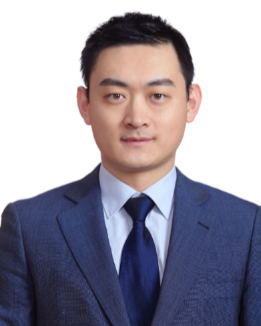
Lei Han, Harbin Institute of Technology, China
Dr. Lei Han serves as an associate Professor of Harbin Institute of Technology. He is the dean assistant of School of Energy Science and Engineering. His research domain includes CFD and experimental methodology on fluid machinery such as hydraulic turbine and varieties of pump. Published more than 30 Papers and 10 JCR1 papers including Physics of Fluids, Renewable Energy and Energy Conversion and Management. Published one book with the subject of hydraulic transmission and control system. Up to 16 Nov, 2023, Research Interest Score reaches to 291.0, citations reaches to 406 and H index equals to 8 at ResearchGate. Participated more than 20 industrial projects in which 8 projects are national fundamental projects.
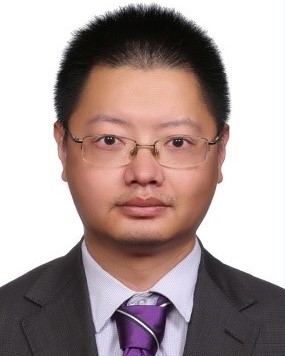
Zhigang Zuo, Tsinghua University, China
Dr. Zhigang Zuo serves as associate professor in the Department of Energy and Power Engineering of Tsinghua University. He is the vice director of the Institute of Fluid Machinery and Engineering of the department. He is a member of Editorial Board of Advances in Mechanical Engineering, a member of Topics Board Editors of Energies, and a Review Editor of Frontiers in Mechanical Engineering. He serves as a member of Professional Committee of Fluid Control Engineering of Chinese Society of Theoretical and Applied Mechanics. His research interests include cavitation and bubble dynamics, fluid machinery and fluid mechanics. He has publications in top journals including Physical Review Letters, Journal of Fluid Mechanics, Physical Review Fluids, Physics of Fluids, Renewable and Sustainable Energy Reviews, Renewable Energy, Engineering.
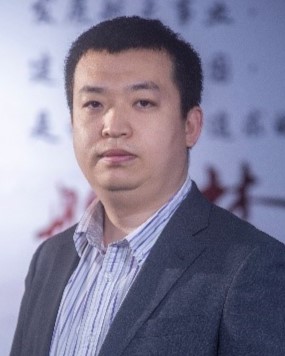
Jintao Liu, Beijing Institute of Control and Engineering, China
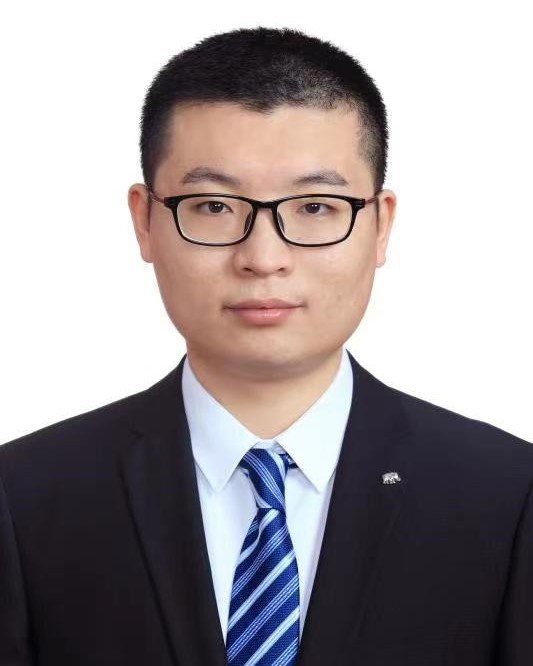
Deyou Li, Harbin Institute of Technology, China
Deyou Li was born in Harbin, Heilongjiang, China, in 1986. He received the B.S. degree in thermal energy and power engineering, the M.S. degree in fluid machinery and engineering, and the Ph.D. degree in power machinery and engineering from the Harbin Institute of Technology, Heilongjiang, in 2010, 2012, and 2017, respectively. He is currently an Associate Professor with the School of Energy and Science Engineering, Harbin Institute of Technology. His research interest includes the study of fluid mechanical flow mechanism and flows control strategy.
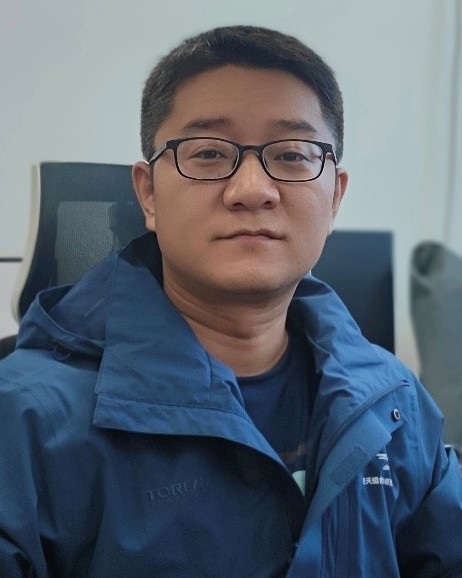
Duo Zhang, Northwestern Polytechnical University, China
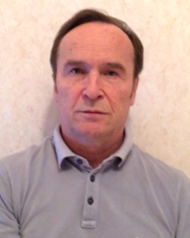
Sergey Timushev, Moscow Aviation Institute, Russia
This forum focuses on a comprehensive solution to the theoretical and methodological problems arising in the path of developing the highly efficient platform for the numerical simulation of the processes of generation, propagation and radiation of sound in blade machines with subsonic flow.
Background: Subsonic flow blade machines include fans, wind turbines, pumps, small UAV propellers, and other equipment. For example, at present, usually microelectronic equipment has air cooling, intensified by fans. Fans during their rotation emit quite a strong aerodynamic noise, which is dominant in the rooms where this equipment is located. The same problem arises in air conditioning and air purification systems, since noise significantly affects the ecology of the room, the cockpit or the astronaut, and noise in the operating room complicates the interaction of surgical personnel. Currently, the development of calculation methods for determining the amplitudes of pressure pulsations and noise characteristics by numerical modelling unsteady processes is a necessary requirement for the development of computer-aided design methods for blade machines, where the determining factors are the accuracy and speed of calculations, which can be ensured when the error in calculating the noise spectrum is lower than 2 - 5 dB at a processor time of the order of 1 - 10 minutes per component.
© MEAE 2018-2024. All Rights Reserved | Contact Us meae_conf@163.com